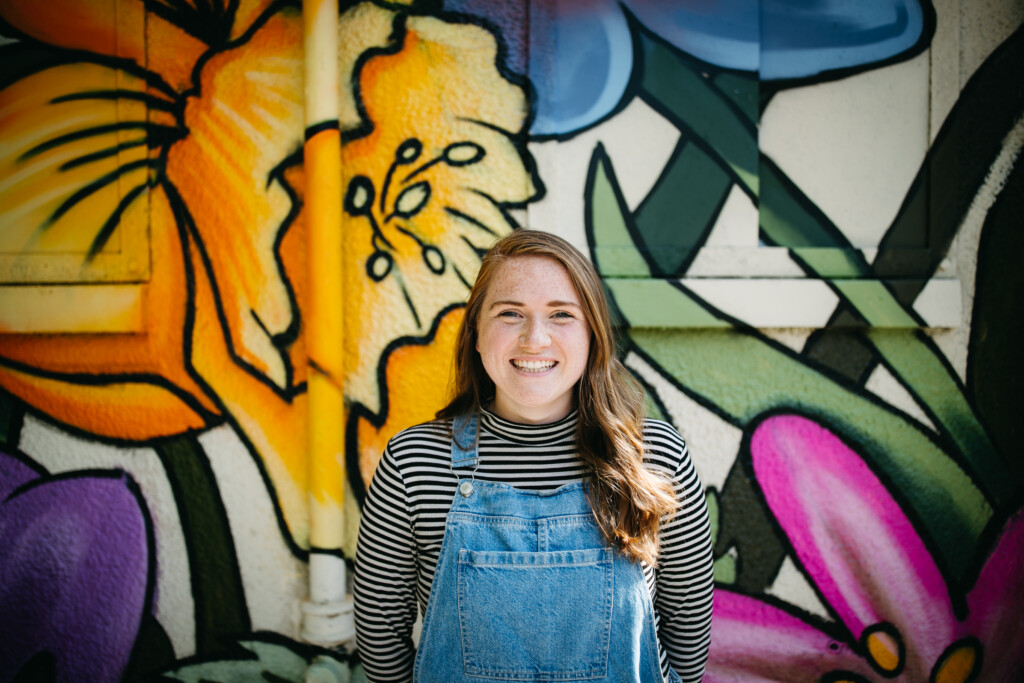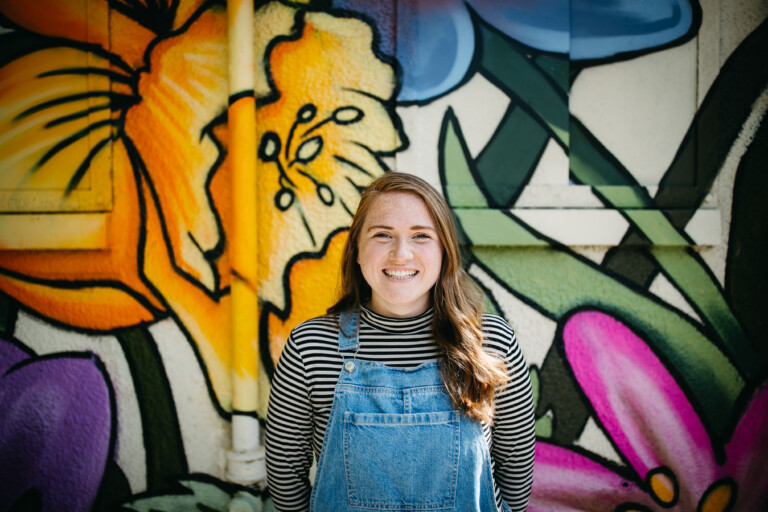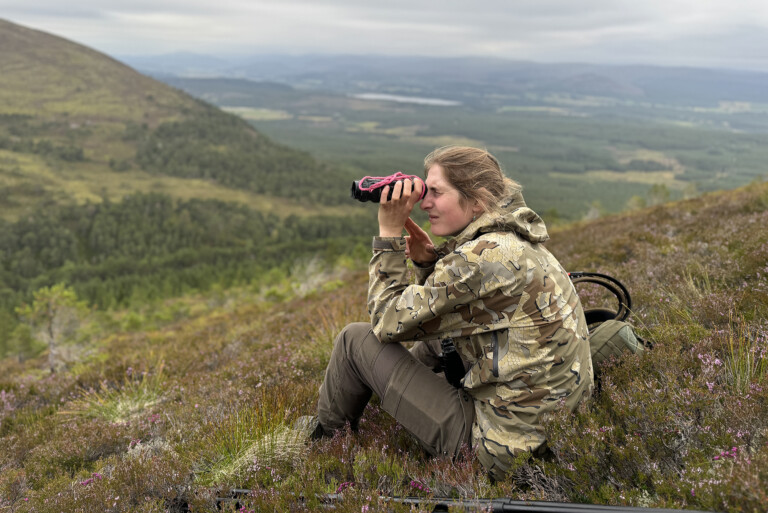Sustainability, Science, and Social Media: Q&A With Laura Young

Laura Young is a climate activist, environmental scientist and social media influencer, currently undertaking a PhD in climate science between the University of Abertay and the University of Dundee.
She recently won the Scottish Influencer of the Year 2024 award and is widely recognised for leading the campaign to ban single-use disposable vapes across Scotland and the UK—prompting the UK Government to commit to legislative change.
We spoke to Laura about where her journey began, the work behind the vape campaign, and what advice she’d give to anyone thinking about a career in sustainability.
Can you tell us how you became a climate activist? What sparked your interest in environmental work?
It started at school. I loved geography—it gave me a way to understand the world around me. But as I learned more, I became increasingly aware of how badly we treat it. I also took part in the Duke of Edinburgh Award, which helped me connect with nature on a personal level.
That growing awareness turned into a drive to act, which led me to study geography at university. At the same time, I set up ‘Less Waste Laura’—it began as a New Year’s resolution to live more sustainably, but it quickly became a platform for speaking out and pushing for change.
You led the campaign to ban disposable vapes in under 500 days. How did that come about?
It began in 2022. I was out walking my dogs and started noticing these small bits of plastic littered around my local area. When I looked into it, I was shocked to find they were single-use electronic devices.
I searched for petitions or organisations tackling the issue, but no one seemed to be talking about it. So I started the conversation. I shared what I was seeing on social media and started to build momentum. I contacted every councillor in Scotland—and 29 out of 32 councils backed the ban. I also worked with recycling facilities, schools and community groups to raise awareness of both the environmental and health impacts.
Within 500 days, the UK Government announced a full ban, due to take effect in April 2025.
What are the biggest challenges we face when it comes to climate action—both individually and systemically?
One of the biggest challenges is simply getting access to reliable information. People want to help, but they’re often overwhelmed by misinformation and greenwashing, where companies present themselves as more sustainable than they are.
I always encourage people to question what they’re told. Take corporate messaging with a pinch of salt, do a bit of your own research, and look for independent voices in the space. The good news is that climate literacy is improving, especially in schools and workplaces, which helps people make more informed decisions.
You’re also currently doing a PhD—what is your research focused on?
I’m researching climate resilience—both in terms of how we design places and how we support people. We’re already seeing more extreme weather across the UK: flooding, drought, coastal erosion. But many of our towns and cities weren’t built to withstand those changes.
My work explores how we can use nature-based solutions to improve urban areas, while also helping communities understand climate risks and adapt to them. It’s about making spaces that are good for people and good for the planet.
One research concept I found that I really like is the idea of a “sponge city”—designing green spaces that absorb rainwater during heavy rainfall. It reduces flooding, supports biodiversity, and makes cities more liveable.
What advice would you give to someone who wants to create change but doesn’t know where to start?
The green job for nature tool is a brilliant place to begin. The tool helps people explore different career paths based on their interests. I wish something like it had existed when I was at school!
And it’s worth remembering that you don’t need to have everything figured out. I’ve worked for charities, started a PhD, and run national campaigns. Your career can evolve as your interests grow. If you follow what excites you, you’ll find your direction along the way.
Latest Blog Posts
An Information Session for Parents (25 June)

Sustainability, Science, and Social Media: Q&A With Laura Young

Midges, Grallochs and Sunrises: My Year as a Trainee Deer Stalker

